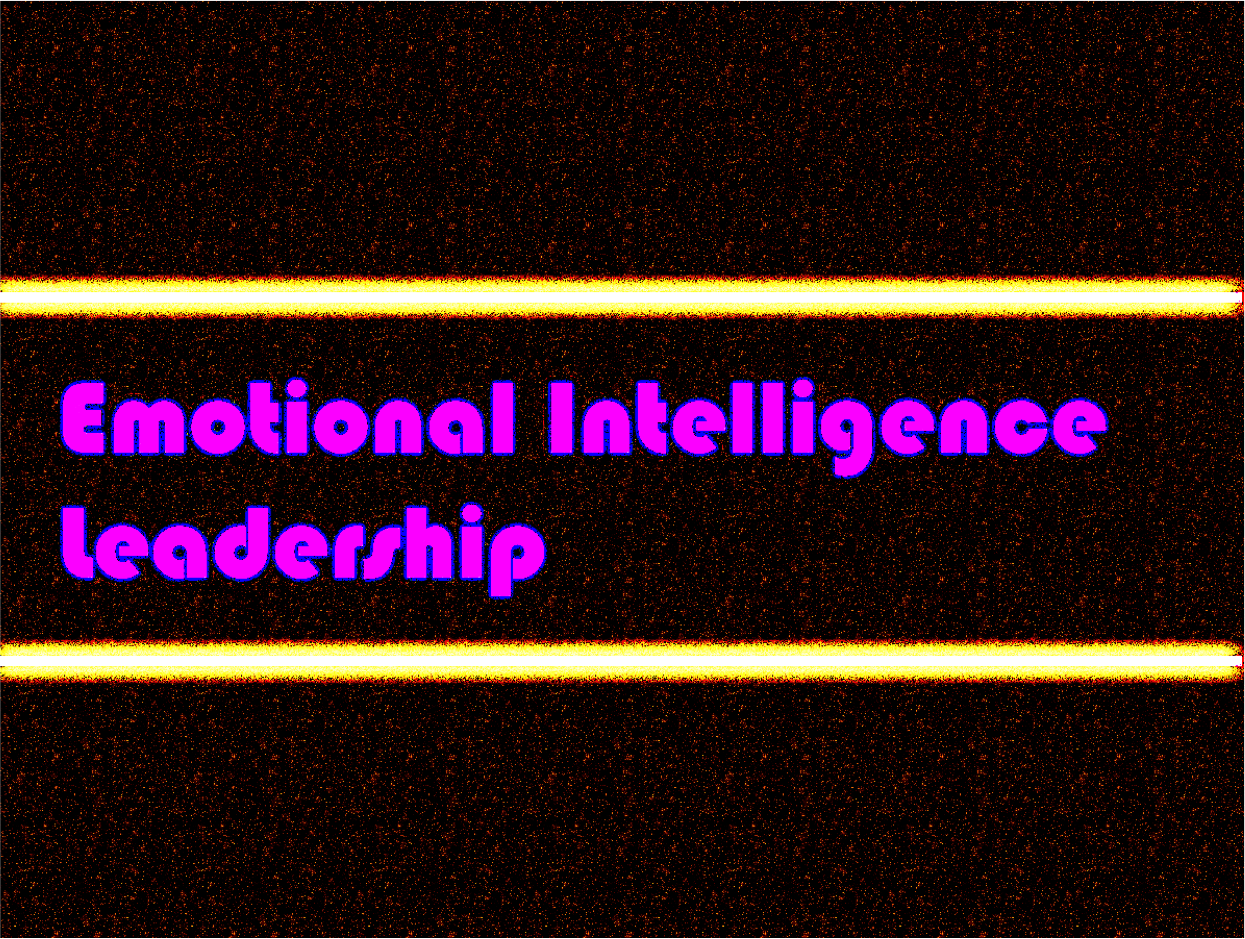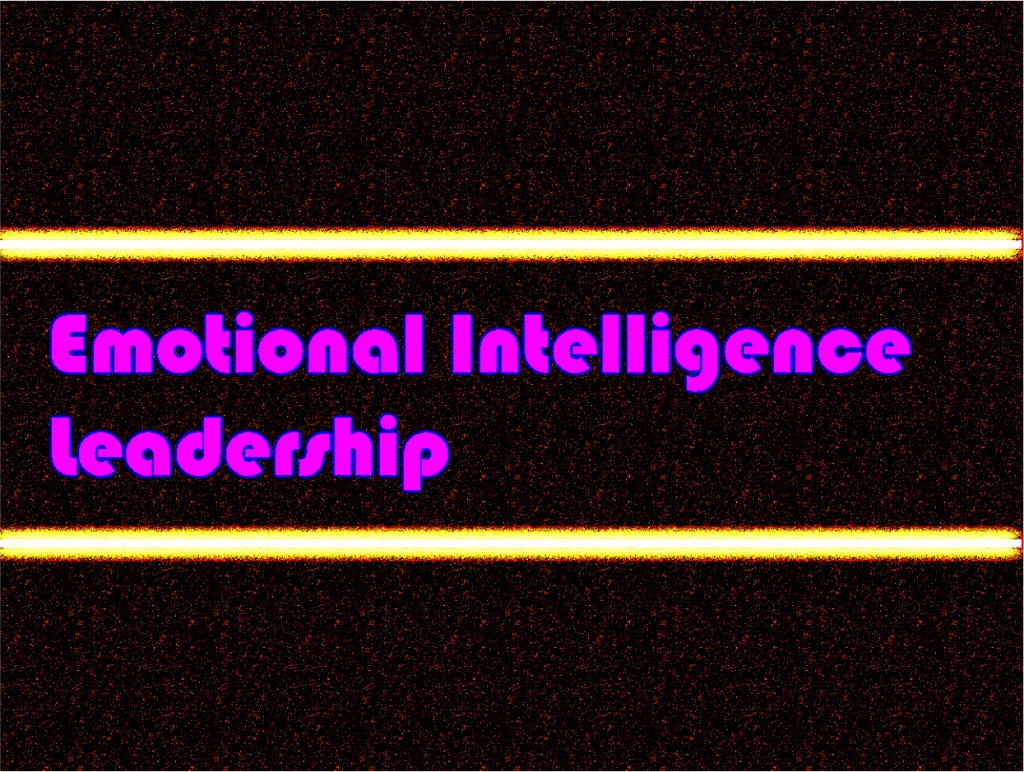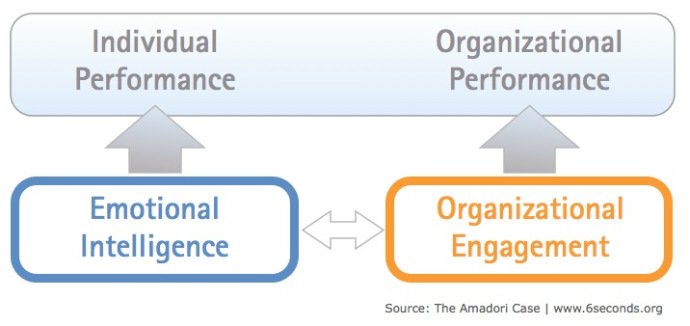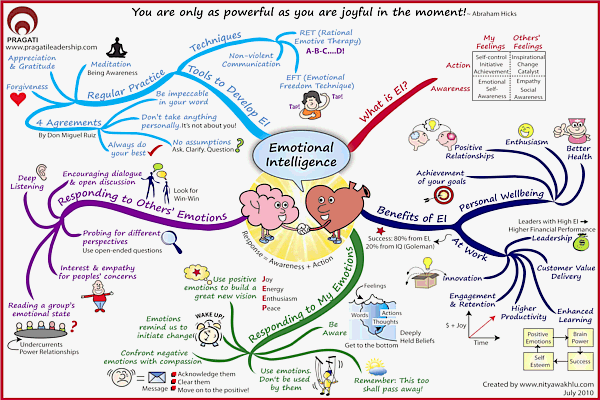It would appear as a common trait of managers running high-performance businesses not only operational intelligence is a necessity but also emotional intelligence as well. In April this year, a study by Six Seconds, the emotional intelligence network, demonstrated that business leaders with higher emotional capabilities enable higher performance. The research focused on AMADORI*, a supplier of McDonald’s in Europe, and assessed links between emotional intelligence, individual performance, organizational engagement, and organizational performance.

Key takeaways from the research led by Lorenzo Fariselli, Joshua Freedman and Massimiliano Ghini in collaboration with Fabio Barnabè and Erika Paci of Gruppo Amadori included:
- For individual managers, emotional intelligence scores predict 47% of the variation in manager’s performance scores.
- Emotional intelligence predicts 76% of the variation in organizational engagement.
- Plants with higher organizational engagement achieved higher bottom-line results.
- In addition, during the project, employee turnover also dropped by 63%.
According to Massimiliano Ghini, the study links three critical variables. It demonstrates the link between the individual leader’s emotional intelligence, the impact on organizational climate, and how that drives performance.
Emotional intelligence refers to a set of skills for understanding and using emotions effectively. This skill, which can be easily learnt, makes managers more capable of building a workplace climate, or environment, where employees are effective. Mayer & Salovey defines E.I. As:
“Emotional intelligence is the ability to perceive emotions, to access and generate emotions so as to assist thought, to understand emotions and emotional knowledge, and to reflectively regulate emotions so as to promote emotional and intellectual growth”.
The term, emotional intelligence was coined around 1995 in the popular book, Emotional Intelligence, Why it Can Matter More Than IQ. A Key take away from the book, was the fact that factors such as empathy, self-awareness and self-discipline determine both professional and personal success. In this study, Emotional Intelligence was measured with the Six Seconds Emotional Intelligence Assessment OR SEI. Sixseconds on their blog offer further explanation:
The SEI is based on the Six Seconds Model of Emotional Intelligence consisting of eight core competencies divided into three macro areas:
- Self Awareness, called “Know Yourself” includes two competencies: Enhance Emotional Literacy and Recognize Patterns.
- Self Management, called “Choose Yourself” includes four competencies: Apply Consequential Thinking, Navigate Emotions, Engage Intrinsic Motivation, Exercise Optimism.
- The Self Direction area, called “Give Yourself,” includes Increase Empathy and Pursue Noble Goals.
The study concluded that emotional intelligence strongly affected individual performance. Businesses seeking to learn from this research should place a high value on metrics and the creation of the meaningful performance management system.

Hayden Richards is Contributor of IntelligentHQ. He specialises in finance, trading, investment, and technology, with expertise in both buy-side, sell-side. Contributing and advising various global corporations, Hayden is a thought leader, researching on global regulatory subjects, digital, social media strategies and new trends for Businesses, Capital Markets and Financial Services.
Aside from the articles, interviews and content he writes for IntelligentHQ, Hayden is also a content curator for capital markets, analytic platforms and business industry emerging trends. An avid new media explorer Hayden is driven by a passion for business development, innovation, social business, Tech Trading, payments and eCommerce. A native Trinidadian, Hayden is also a veteran, having served with the Royal Air Force Reserves for the past 10 years.
Follow Hayden on Twitter @HaydenARichards, linkedin.com/haydenhrichards and http://www.scoop.it/u/hayden-richards














